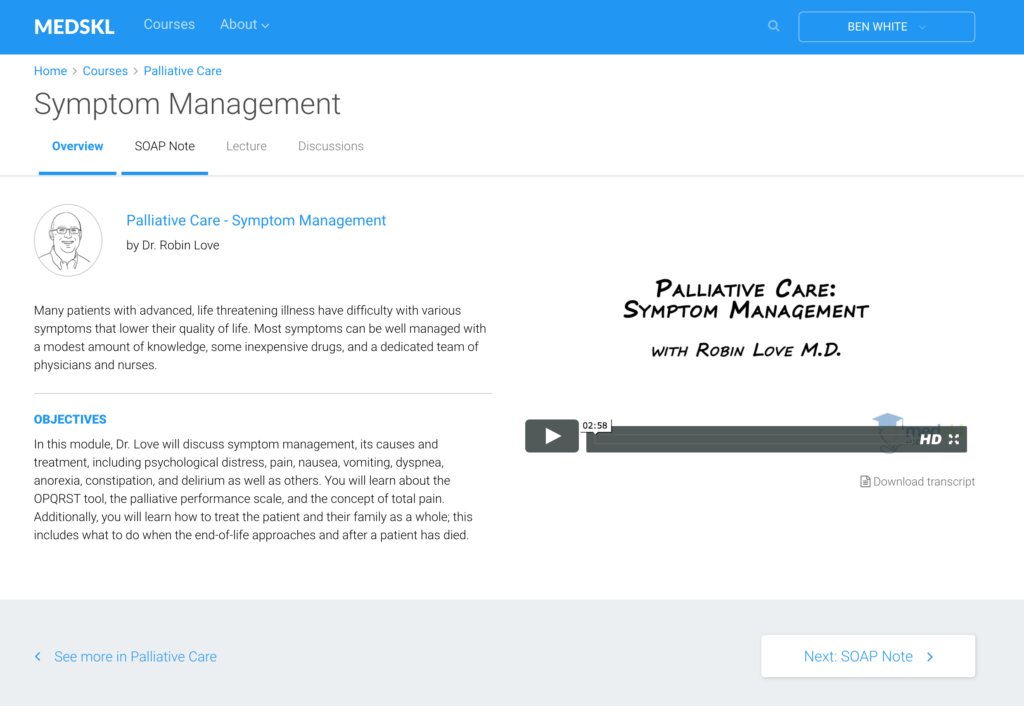There has been a lot of confusion from borrowers whether or not REPAYE, with its partial interest subsidy, is a good choice for people with high future income (e.g. residents). The main concern is what happens after training when salaries increase and the possibility of breaking past the monthly payment cap, which could make you lose money (in the context of trying to minimize payments in anticipation of PSLF). Note: If you’re just trying to pay off your loans in an efficient way, breaking past the cap should be mostly irrelevant–you should be trying to pay down your loans as fast as possible anyway.
If you call your federal loan servicer but don’t ask the right questions, your servicer may lead you astray in how they answer questions about the terms of the REPAYE program. It’s misleading but technically true: if you are making so much money that you break past the REPAYE cap, you absolutely cannot switch back to PAYE or IBR.
That’s NOT because you aren’t allowed to switch out of REPAYE in general (you are), but because at that point you would no longer have a “partial financial hardship” and thus no longer qualify for those plans to begin with. Your servicer is able to provide information and advice, but don’t for a second think that they don’t have a vested interest (see what I did there?) in your payments. A simple rule of thumb is that if you owe more on your loans than you make in a year, you definitely still quality for your income-driven repayment plan.
What is actually used for payment calculations is not your gross income but your discretionary income: your adjusted gross income minus 150% of the federal poverty line for your family size (e.g. family size of 1, 2, and 3 is &17,655, $23,895, and $30,135 in 2015, respectively). The official rule is that if your calculated monthly PAYE/IBR payment (whichever you qualify for) using 10/15% of your discretionary income is less than the standard 10-year repayment, then you still qualify.
So there is a simple solution for forward-thinking borrowers who want to take advantage of the REPAYE benefits but don’t want to tie themselves to higher future payments: Switch back before you make money.
You can switch from REPAYE to PAYE as long as you still qualify for PAYE. Or you can switch back to IBR instead if you had older loans and didn’t qualify for PAYE to begin with. Do this at the end of your training and the problem is solved. (Technically, many people could do it even once out in practice; it all depends on how much you borrowed versus how much you/your family makes per year. You can use the calculator to see what household income you’ll need to break past the threshold.)
Also note that since most people generally use tax-returns and not pay stubs to verify income, there is generally a delay between when your income rises and when your taxes reflect that increase. This isn’t the way servicers would like it, but it’s the reality on the ground. You could be an attending as of July 2016, but when you resubmit income verification in the fall of 2016 for REPAYE, you’ll be submitting your 2015 taxes, which is a combination of your last two PGY years of training.
Note that your unpaid interest will capitalize when you switch out of REPAYE, but if it’s all going to be forgiven in PSLF, this is essentially irrelevant. You’ll also sometimes have your accounts placed in an administrative forbearance for a month during the switch, which can delay your PSLF a bit as well.
The bottom line is that you absolutely can switch out of REPAYE—you just have to be a little bit thoughtful on when you want to switch out to not miss the window. REPAYE makes the most sense for many if not most residents. For people who aren’t going for PSLF (especially if they’ve borrowed smaller amounts and won’t enjoy an interest subsidy), no-cost private refinancing may be a better choice.
This plan-switch information comes from this document and FAQ, and I’ve confirmed this interpretation with Nelnet (one of the federal loan servicers). If you talk to your servicer and they say otherwise, ask them to explain exactly why and we’ll get to the bottom of it. Because they should be wrong.
